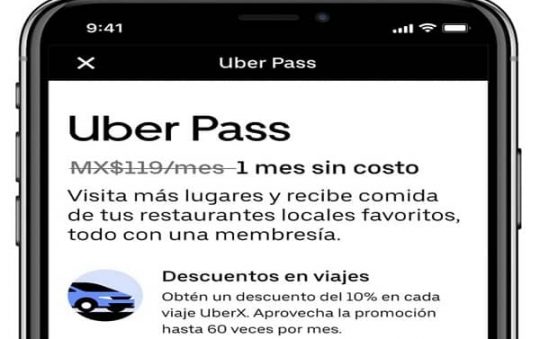Your own vocabulary can make you more likely to climb the career ladder. Which words you should therefore include in your conversations to show off your latest scores at lightning roulette.
Most people are taught language and communication at home. That’s where we are socialized, where we learn how sentences are formed and what words mean, often without much study of grammar.

What in many cases comes so naturally and naturally lays the foundation for the rest of life and sets the course for possible success in the job.
Language And Communication
Language and communication: How influential it isDifferences that can be discerned through social background, despite equal intelligence:
- Vocabulary
- Sentence length
- Pauses length
- Word length
The shorter the length of words, pauses or sentences, the poorer the speaker’s class, as Arbeitsabc quotes British sociologist Basil Bernstein.
The good news? One can improve the ‘style’ of one’s speech and insert certain words associated as ‘stylish’ into everyday speech. Sentence length and pauses in meaning can also be learned. It is important, however, to use the newly learned terms in the right context – using them in spasms without context reverses the good effect.
Words you should use to be more successful on the job
The following words – used correctly – should make you look more professional and stylish, informs the portal Arbeitsabc:
- Mindfulness: means a special form of attention; is used mainly towards oneself.
- Ambition: Ambition is a goal-oriented striving for something; it is a form of ambition.
- Authenticity: This is mainly about the genuineness of the person, who behaves authentically, does not pretend.
- Deficit: Another word would be ‘lack’, it can also be a shortfall in a financial context.
- Hierarchy: This describes an order of precedence, for example in a company.
- Imply: Something is implied without expressing it concretely.
- Stimulus: A description of the stimulus that triggers a particular reaction. Other words include impulse and stimulus.
- For starters, you might start step by step and pick out a few words that you can naturally incorporate into your language use. Likewise, not all words are necessarily suitable for every profession.
Also Read: Jest Snapshot Testing: A Comprehensive Guide for Effective Testing
Body Language And Its Importance: What Not To Do
A positive or negative first impression is conveyed not least through body posture as well as gestures and facial expressions. All this also makes a lot of difference in the job interview.
- Crossing your arms during a job interview makes the interviewer feel off-putting. You should avoid this posture at all costs.
- Maintain eye contact with your counterpart: No eye contact looks insecure or even worse – disinterested. Even looking away bashfully does not make a good impression.
- The thinker pose: Applicants probably want to show with this posture that they are thinking about the job or the questions of the recruiter. Often, such a posture is adopted automatically. However, this pose usually looks posed – so it’s better to leave it alone.
- You know this yourself: If someone smiles at you politely, it conveys a positive mood. So avoid looking serious throughout the conversation. But don’t overdo it with the smile either, it could seem artificial or inappropriate.
- Everyone knows the limp handshake. The first impression is already negative. Shake hands with your interlocutor with emphasis and determination – it will remain positive in his memory.
- Stay cool: If you get flustered, you will get nervous and most likely start picking at your jacket or hands. Instead, place your hands flat on the table in front of you or take a sip of water every now and then. This way, the stress doesn’t even have the chance to trigger a reaction in your hands.
- A limp or slumped posture also makes you look tired and inactive. Sit up straight; this will make you look attentive and positive to your counterpart.
- Avoid playing with your hair. This also shows nervousness and insecurity.




